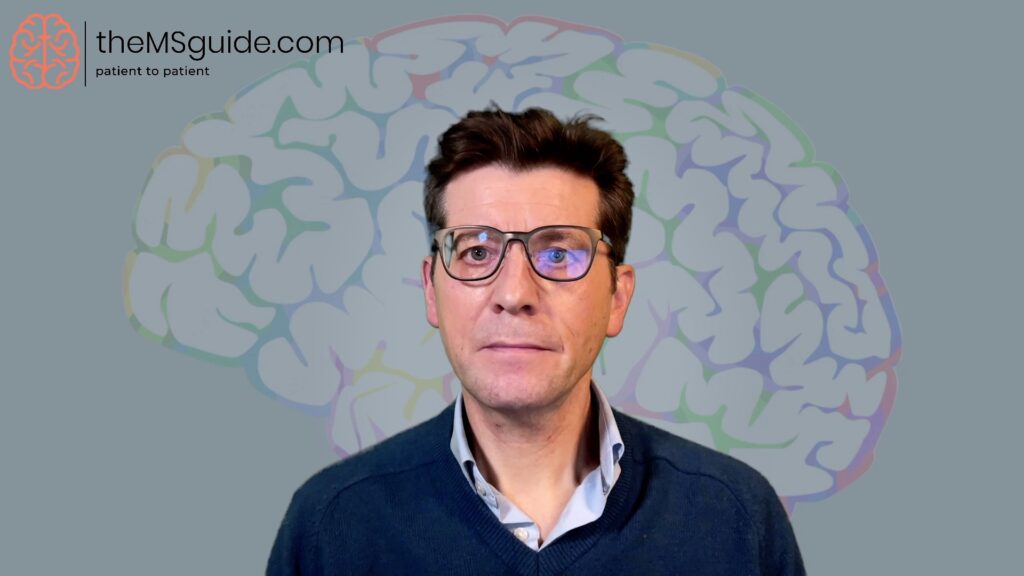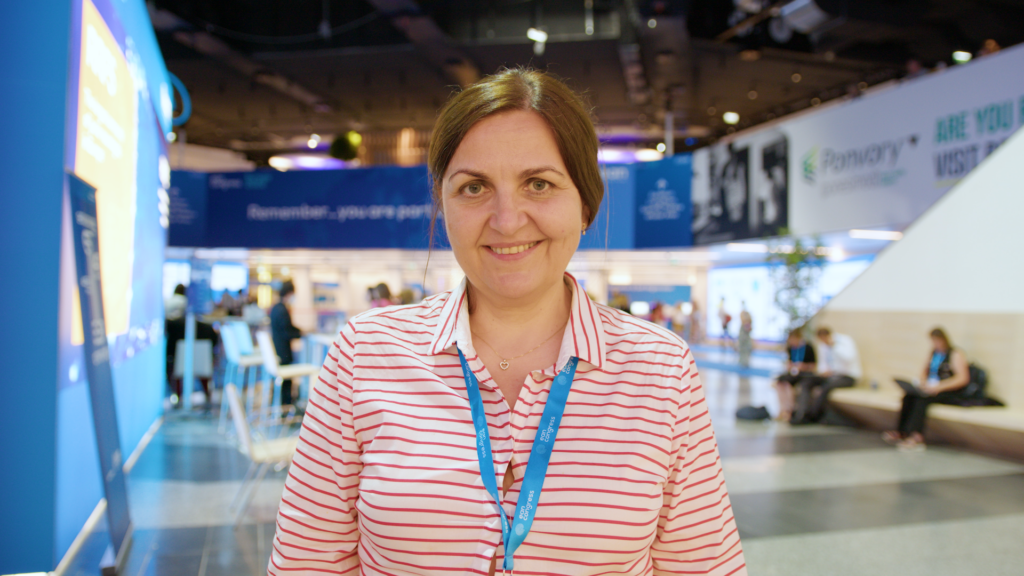The phase III clinical studies ULTIMATE I (NCT03277261) and II (NCT03277248) evaluate the efficacy and safety of ublituximab in patients with relapsing multiple sclerosis compared with teriflunomide. In this touchNEUROLOGY interview, Dr Enrique Alvarez (University of Colorado, Boulder, CO, USA) discusses the unmet needs of this population and the mechanism of action of ublituximab.
The abstract entitled “Disease Outcomes With Ublituximab in Participants With Highly Active Disease: Subpopulation Analyses of the Phase 3 ULTIMATE I and II Studies in Participants With Relapsing Multiple Sclerosis” was presented at the annual American Academy of Neurology (AAN), April 22–27, 2023.
Questions:
- What are the unmet needs of individuals with relapsing multiple sclerosis with highly active disease? (00:13)
- What is ublituximab and what is its mechanism of action? (00:32)
Disclosures: Enrique Alvarez has nothing to disclose in relation to this video interview.
Support: Interview and filming was supported by Touch Medical Media. The interview was conducted by Marianna Mignani.
Filmed as highlight of AAN 2023.
Transcipt:
Hi. My name is Enrique Alvarez, and I’m a neuroimmunologist at the University of Colorado.
Q. What are the unmet needs of individuals with relapsing multiple sclerosis with highly active disease?
I think the biggest issue here is really recognizing that patients with highly active disease need to be treated early and they need to be recognized that the earlier we can start treat them. Treating them with high efficacy therapy can really provide a lot better outcomes.
Q. What is ublituximab and what is its mechanism of action? (00:32)
Ublituximab is a monoclonal antibody directed against the CD20 molecule on B cells, and it causes B-cell depletion. Ublituximab uses predominantly the ATCC mechanism to lead to that B-cell depletion.












